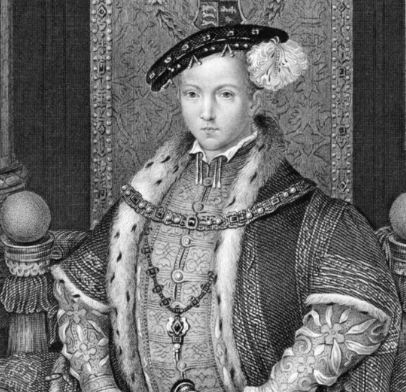Wei Choufu, a eunuch in the Jin State during the Spring and Autumn Period, has left numerous mysteries about his identity and experiences in historical records. One of the most intriguing questions is whether Wei Choufu really underwent the emasculation surgery. This article will explore this issue based on historical materials. In ancient China, eunuchs referred to males who were circumcised and served in the imperial palace or noble families. This system existed during the Spring and Autumn Period, but the records about whether Wei Choufu underwent emasculation are not clear. In some historical books, he is referred to as a eunuch, which seems to imply that he might have undergone the emasculation surgery. However, due to the lack of direct documentary evidence, this issue remains controversial. Wei Choufu had a high status in the Jin Palace and participated in political affairs, which partly supports the claim that he might have been a eunuch. In the Spring and Autumn Period, eunuchs were often considered as posing no threat to the imperial power due to their loss of reproductive ability, thus being able to hold some important positions. If Wei Choufu did undergo emasculation, then his political activities can be seen as an example of eunuchs playing a role in court politics. However, some historians believe that Wei Choufu might not have been a real eunuch. His name "Choufu" might mean that he was not outstanding in appearance, but this is not sufficient evidence to prove that he underwent emasculation. Additionally, due to the incomplete records in ancient historical books, there may be many unrecorded details about Wei Choufu's personal experiences. In summary, there is no conclusive answer to the question of whether Wei Choufu underwent emasculation. Although historical materials suggest that he might have been a eunuch, due to the lack of direct evidence, we cannot determine whether he really underwent the emasculation surgery. This mystery reflects the limitations of ancient historical records and reminds us to carefully treat various information when interpreting history.

Disclaimer: The above content is sourced from the internet and the copyright belongs to the original author. If there is any infringement of your original copyright, please inform us and we will delete the relevant content as soon as possible.































